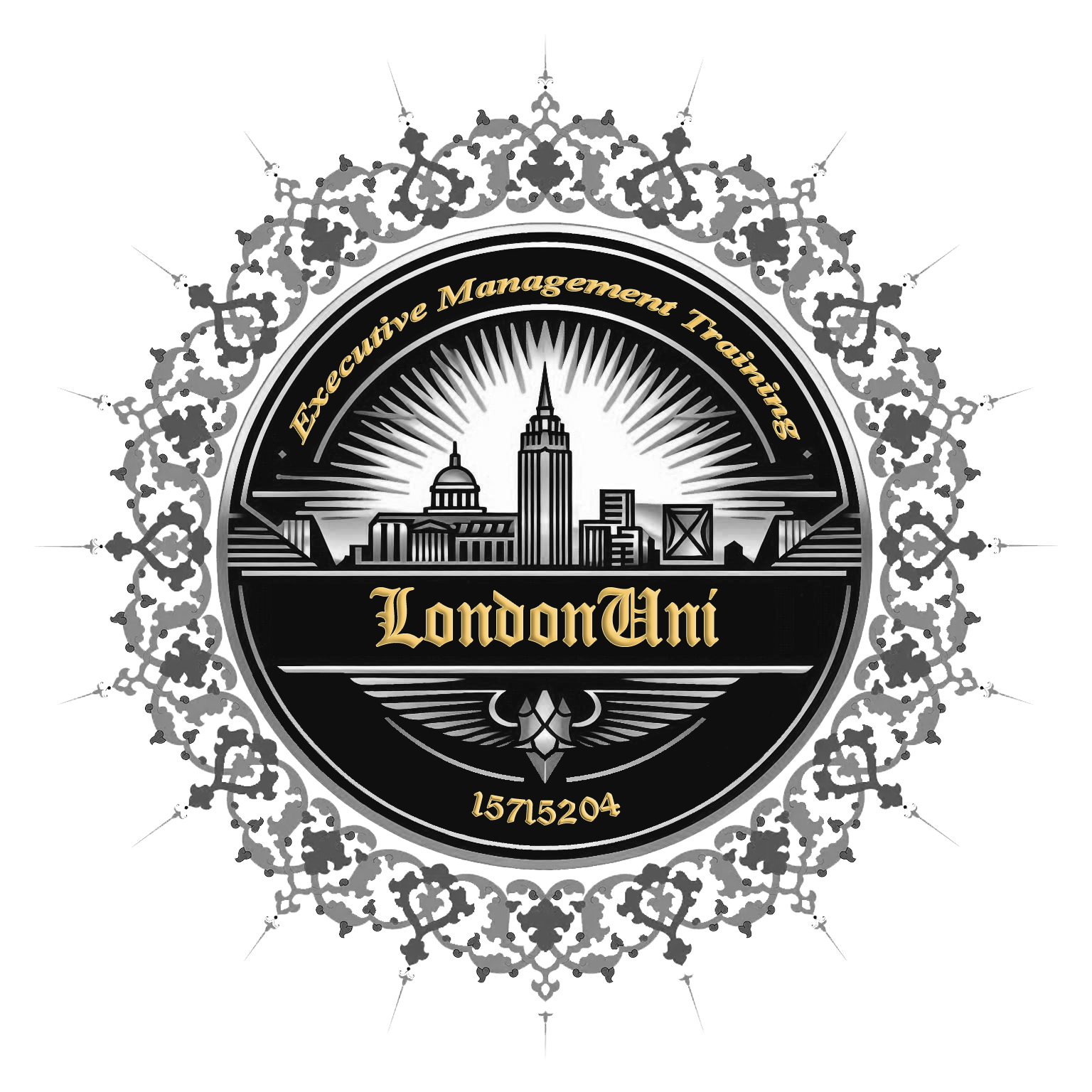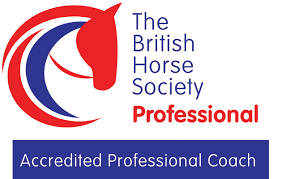
Mindfulness and Emotional Intelligence
Course ID: 2512220101299ESH
Course Dates : 22/12/25 Course Duration : 5 Studying Day/s Course Location: London, UK
Language: Bilingual
Course Category: Professional and CPD Training Programs
Course Subcategories: Operations and Process Excellence
Course Certified By: ESHub CPD & LondonUni - Executive Management Training
* Professional Training and CPD Programs
Leading to:
Executive Diploma Certificate
Leading to:
Executive Mini Masters Certificate
Leading to
Executive Masters Certificate
Certification Will Be Issued From :
From London, United Kingdom
Course Information
Introduction
In an era of rapid technological advancement and increasing workplace complexity, the ability to remain present, self-aware, and emotionally attuned has become a cornerstone of professional success. Mindfulness and emotional intelligence (EI) are not merely buzzwords but essential competencies that empower individuals to navigate challenges with clarity and resilience. This course delves into the intersection of mindfulness practices and emotional intelligence frameworks, equipping participants with tools to enhance personal well-being and foster collaborative environments. By integrating these skills, professionals can address critical gaps in interpersonal communication, stress management, and leadership effectiveness.
The modern workplace is rife with challenges such as burnout, miscommunication, and low team morale, all of which stem from unaddressed emotional and cognitive barriers. Research by Daniel Goleman, a pioneer in emotional intelligence, highlights that EI accounts for nearly 90% of what sets high performers apart from their peers with similar technical expertise. Despite this, many organizations fail to prioritize the development of emotional intelligence and mindfulness practices, leaving employees ill-equipped to handle stress or resolve conflicts constructively. This course addresses these gaps by providing evidence-based strategies rooted in neuroscience, psychology, and leadership theory.
Consider the case of a multinational corporation that implemented mindfulness training for its senior leadership team. Within six months, employee engagement scores rose by 25%, and turnover rates decreased significantly. Such outcomes underscore the transformative potential of mindfulness and emotional intelligence when applied strategically. Participants will explore real-world applications like this, gaining insights into how mindfulness techniques—such as focused breathing and mindful listening—can improve decision-making and foster empathy within teams.
The benefits of mastering mindfulness and emotional intelligence extend beyond individual growth to organizational impact. For individuals, these competencies cultivate greater self-awareness, improved mental health, and enhanced relationships. Organizations, on the other hand, experience higher productivity, reduced absenteeism, and a more positive corporate culture. The integration of mindfulness into daily routines has been shown to reduce cortisol levels, thereby mitigating stress-related illnesses, while emotional intelligence fosters trust and collaboration among colleagues.
Frameworks such as the RULER approach developed by Yale’s Center for Emotional Intelligence provide a structured foundation for understanding emotions and their influence on behavior. Similarly, mindfulness practices draw from ancient traditions and contemporary research, offering practical methods to anchor attention and regulate emotions. These theoretical underpinnings enrich the course content, ensuring participants gain both depth and breadth in their learning journey.
Ultimately, this course serves as a bridge between theory and practice, empowering participants to lead with authenticity and compassion. Whether you are a team leader striving to build cohesive teams or a consultant seeking innovative ways to engage clients, the principles of mindfulness and emotional intelligence offer invaluable tools for navigating today’s dynamic professional landscape. Through interactive sessions, reflective exercises, and actionable strategies, this program promises to transform how participants think, feel, and act in their professional roles.
Objectives
By attending this course, participants will be able to:
Analyze the foundational principles of mindfulness and emotional intelligence and their relevance to professional settings.
Evaluate personal emotional triggers and develop strategies to manage them effectively using mindfulness techniques.
Design tailored interventions to enhance team dynamics through increased awareness of nonverbal cues and empathetic communication.
Implement mindfulness practices such as meditation and mindful listening to improve focus and reduce workplace stress.
Apply emotional intelligence frameworks to resolve conflicts and foster inclusive work environments.
Assess the impact of mindfulness and emotional intelligence initiatives on organizational performance metrics.
Synthesize insights gained from case studies to create personalized action plans for sustained behavioral change.
Who Should Attend?
This course is ideal for:
HR managers seeking to enhance employee well-being and engagement through proactive interventions.
Team leaders aiming to build cohesive, high-performing teams by fostering open communication and mutual respect.
Consultants and coaches looking to integrate mindfulness and emotional intelligence into their service offerings.
Educators and trainers who wish to incorporate these concepts into their teaching methodologies.
Professionals at all levels interested in personal development and career advancement.
These groups will find the course valuable due to its focus on practical applications that align with their specific needs, whether it’s improving team cohesion, enhancing client interactions, or managing stress effectively. While prior knowledge of mindfulness or emotional intelligence is beneficial, the course is designed to accommodate beginners and intermediate learners alike, ensuring accessibility without compromising depth.
Training Method
• Pre-assessment
• Live group instruction
• Use of real-world examples, case studies and exercises
• Interactive participation and discussion
• Power point presentation, LCD and flip chart
• Group activities and tests
• Each participant receives a 7” Tablet containing a copy of the presentation, slides and handouts
• Post-assessment
Program Support
This program is supported by:
* Interactive discussions
* Role-play
* Case studies and highlight the techniques available to the participants.
Daily Agenda
Daily Schedule (Monday to Friday)
- 09:00 AM – 10:30 AM Technical Session 1
- 10:30 AM – 12:00 PM Technical Session 2
- 12:00 PM – 01:00 PM Technical Session 3
- 01:00 PM – 02:00 PM Lunch Break (If Applicable)
- Participants are expected to engage in guided self-study, reading, or personal reflection on the day’s content. This contributes toward the CPD accreditation and deepens conceptual understanding.
- 02:00 PM – 04:00 PM Self-Study & Reflection
Please Note:
- All training sessions are conducted from Monday to Friday, following the standard working week observed in the United Kingdom and European Union. Saturday and Sunday are official weekends and are not counted as part of the course duration.
- Coffee and refreshments are available on a floating basis throughout the morning. Participants may help themselves at their convenience to ensure an uninterrupted learning experience Provided if applicable and subject to course delivery arrangements.
- Lunch Provided if applicable and subject to course delivery arrangements.
Course Outlines
Foundations of Mindfulness and Emotional Intelligence
Overview of mindfulness principles and their neurological basis.
Introduction to emotional intelligence models (e.g., Goleman’s framework).
Self-assessment activity: Identifying strengths and areas for growth.
The role of mindfulness in enhancing emotional regulation.
Day 2:
Developing Self-Awareness and Empathy
Techniques for cultivating self-awareness through journaling and reflection.
Understanding the science behind empathy and its impact on relationships.
Practicing active listening and mindful observation.
Group exercise: Building empathy through storytelling.
Day 3:
Managing Stress and Enhancing Focus
Exploring the physiological effects of stress and mindfulness-based coping mechanisms.
Guided meditation session: Breathing techniques for relaxation.
Strategies for maintaining focus in high-pressure environments.
Case study analysis: Successful stress management programs in organizations.
Day 4:
Conflict Resolution and Inclusive Leadership
Applying emotional intelligence to de-escalate conflicts constructively.
Role-playing scenarios: Navigating difficult conversations with empathy.
Principles of inclusive leadership and fostering psychological safety.
Workshop: Designing conflict resolution protocols for teams.
Day 5:
Sustaining Change and Measuring Impact
Creating actionable plans for integrating mindfulness and EI into daily routines.
Tools for measuring the impact of mindfulness initiatives on organizational culture.
Long-term strategies for continuous improvement and accountability.
Closing reflections and Q&A session.



















































